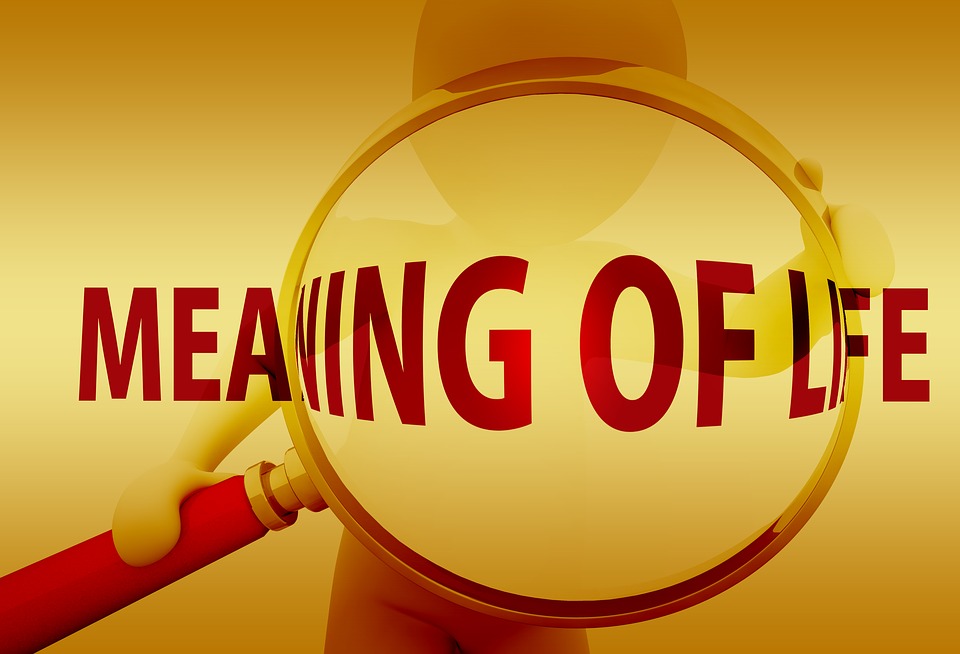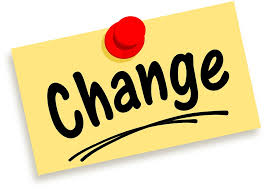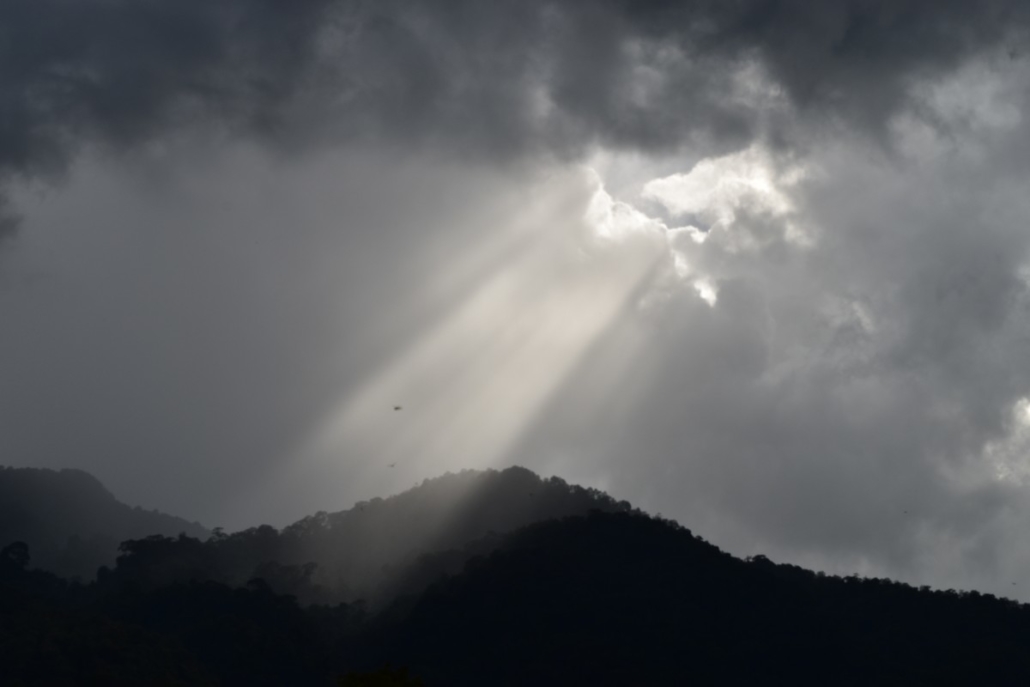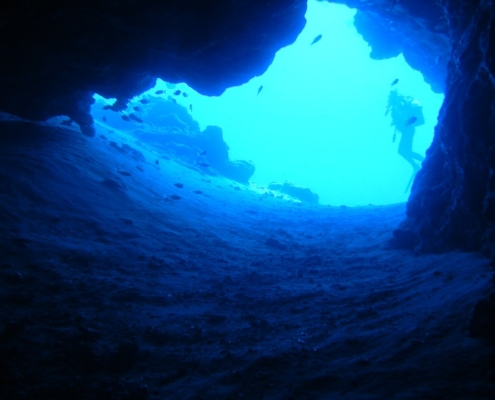
The Meaningfulness of Meaning: Living a Life Worthwhile
In this edition of Soul Notes, we explore the concept of meaning and what that constitutes in terms of a meaningful life. In this article, I’ll make references to one of Viktor Frankl’s books, originally entitled From Death Camp to Existentialism, now more commonly known by the title: Man’s Search for Meaning.
A doctor of psychiatry, Viktor Frankl (Frankl) is the founder of the psychotherapeutic school of thought he named logotherapy. In contrast to Sigmund Freud’s focus on human instincts and the human drive for pleasure, Frankl focused his work on man’s (humankind’s) quest for finding meaning in one’s life.
Part One of Man’s Search for Meaning documents Frankl’s personal experiences as an inmate in concentration camps during World War II. In Part Two of the book, he elaborates on logotherapy and how his experiences in the camps provided the backdrop for himself to become in effect his own best patient. Part Two includes examples of patients he treated beyond the camps along with scientific and statistical data to illustrate his points.
Prior to being captured, Frankl had already written the manuscript for his first book, The Doctor and the Soul. He had tucked the manuscript into his coat before being forced onto the train for Auschwitz. Once at the camp, he and all the other prisoners were stripped of their personal belongings. Accordingly, the manuscript he had hidden in his coat was quickly confiscated.
Adding then to the already deep poignancy of Frankl’s observations made during the Holocaust, is the fact that he by necessity documented them all from memory. He kept his mind sharp by reconstructing in his head the original manuscript of that first book that he would later rewrite and publish. The only physical remnants of the original manuscript that he had been able to reconstruct while in the camps were in the form of key words and phrases that he would surreptitiously scribble on tiny scraps of paper.
Beyond the physical: love, spirituality, and a life mission
Physically separated from his wife in the concentration camps, Frankl didn’t know if his wife was still alive. It was in his mind’s eye that he would hold onto an image of her. Just as through love he would cling to an image of his wife –- through a sense of commitment to his life’s work and overall life’s mission –- Frankl with devotion clung to the hope and intention of (re)writing his manuscript and publishing his psychological findings, all to the benefit of his profession and mental patients worldwide.
According to Frankl, love goes very far beyond the physical person of the beloved. Love finds its deepest meaning in one’s spiritual being, within the inner self. He also said that even during his time in captivity, glimpses of nature, music, and humor helped him and others to survive. They were grateful, he said, for the smallest of mercies.
Frankl further went on to contend that by devoting oneself to a cause to serve or another person to love, that the more human and actualized one becomes. In view of the possibility of finding meaning in suffering, he suggested then that life’s meaning even can be potentially unconditional.
If and when conditions get tough on the outside, spirituality can play an even more important role from the inside:
“In spite of all the enforced physical and mental primitiveness of the life in a concentration camp, it was possible for spiritual life to deepen. Sensitive people who were used to a rich intellectual life may have suffered much pain (they were often of a delicate constitution), but the damage to their inner selves was less. They were able to retreat from their terrible surroundings to a life of inner riches and spiritual freedom.” (Man’s Search for Meaning, page 36, emphasis added).
In other words, the type of person each prisoner would become resulted more from that person’s mental and spiritual state, than purely his physical state. Profoundly, Frankl maintained that one can decide to keep (and benefit from keeping) one’s human dignity, even in a concentration camp.
The meaning in suffering
Frankl was not suggesting that to have a meaningful life, one must suffer. He did profess, however, that if there is meaning in life at all, there must certainly be meaning in suffering. According to Frankl, those prisoners who discarded their inner morals, and who concluded that their lives were pointless, and thus “gave up” psychologically, were those who “forgot that often it is just such an exceptionally difficult external situation which gives man the opportunity to grow spiritually beyond himself.” (Man’s Search for Meaning, page 72).
The importance of having faith in the future and the power of personal choice
Frankl also understood the importance of having faith in the future. Without a belief in a better future, he said, a prisoner was subject to losing his spiritual hold, and thereby made himself more susceptible to mental and physical decay at a much more fervent pace.
So, what to do?
We may not be able to change every situation that we face in life. We can, however, change ourselves and our approach.
Through our attitudes, choices and decisions we make and the actions we take, we can rise to any challenge and accept the opportunity to infuse any situation with meaning, even the most difficult ones. Meaning is possible with or without (although perhaps most strikingly during times of) suffering.
Our lives are lived in moments. And every human being, as exemplified by Frankl, has the freedom to change themselves — and their experience of any situation in life — in an instant.
“[E]verything can be taken from a man but one thing: the last of the human freedoms – to choose one’s attitude in any given set of circumstances, to choose one’s own way.” (Man’s Search for Meaning, page 66).
Each of us gets to decide what our existence will be in any given moment, and what we will become in the next moment.
That is true freedom.
Freedom plus reasonableness
Freedom alone, however, is not enough. Frankl makes clear that freedom to choose must be combined with responsibleness. Otherwise, as a race, the human race, we are destined for destruction. Every person has both potentialities within us – to be either a swine or saint, he said. Which one is actualized, says Frankl, depends on the decisions we make, and not on the conditions we face.
So the beauty and the promise of Frankl’s work and legacy I would say is this:
Each of us has the challenge and the opportunity to bring with us the values of our past, make empowered choices and take responsible actions in the present, and thereby create futures of the highest value to humankind.
With that, we find meaning.
All is not lost.
Much is gained.
For your consideration:
What makes life meaningful? Can there be meaning in suffering? Is suffering required?
Okay, your turn:
What has helped you bring a sense of meaning into your life? Was suffering part of it?
I invite you to share your thoughts, feelings, and experiences by leaving a Reply in the Comments section, below. Soul-to-soul!
© 2017 Lori A. Noonan. All Rights Reserved.



 None of this is to say, of course, that without the unparalleled coordination and carefully orchestrated efforts of the expert cave divers and other rescue volunteers and medical personnel, this group would have made it out safely. All the individuals involved with their rescue (including one former Thai navy Seal who lost his life) are due a profound debt of gratitude, respect, and honor. It’s beautiful to see all this humanity working together. It is also, however, to acknowledge that more than physics, technology, and biology were at work here. As the monk’s training and meditation exemplify, it was heart, mind and soul over matter. And it all mattered.
None of this is to say, of course, that without the unparalleled coordination and carefully orchestrated efforts of the expert cave divers and other rescue volunteers and medical personnel, this group would have made it out safely. All the individuals involved with their rescue (including one former Thai navy Seal who lost his life) are due a profound debt of gratitude, respect, and honor. It’s beautiful to see all this humanity working together. It is also, however, to acknowledge that more than physics, technology, and biology were at work here. As the monk’s training and meditation exemplify, it was heart, mind and soul over matter. And it all mattered.
